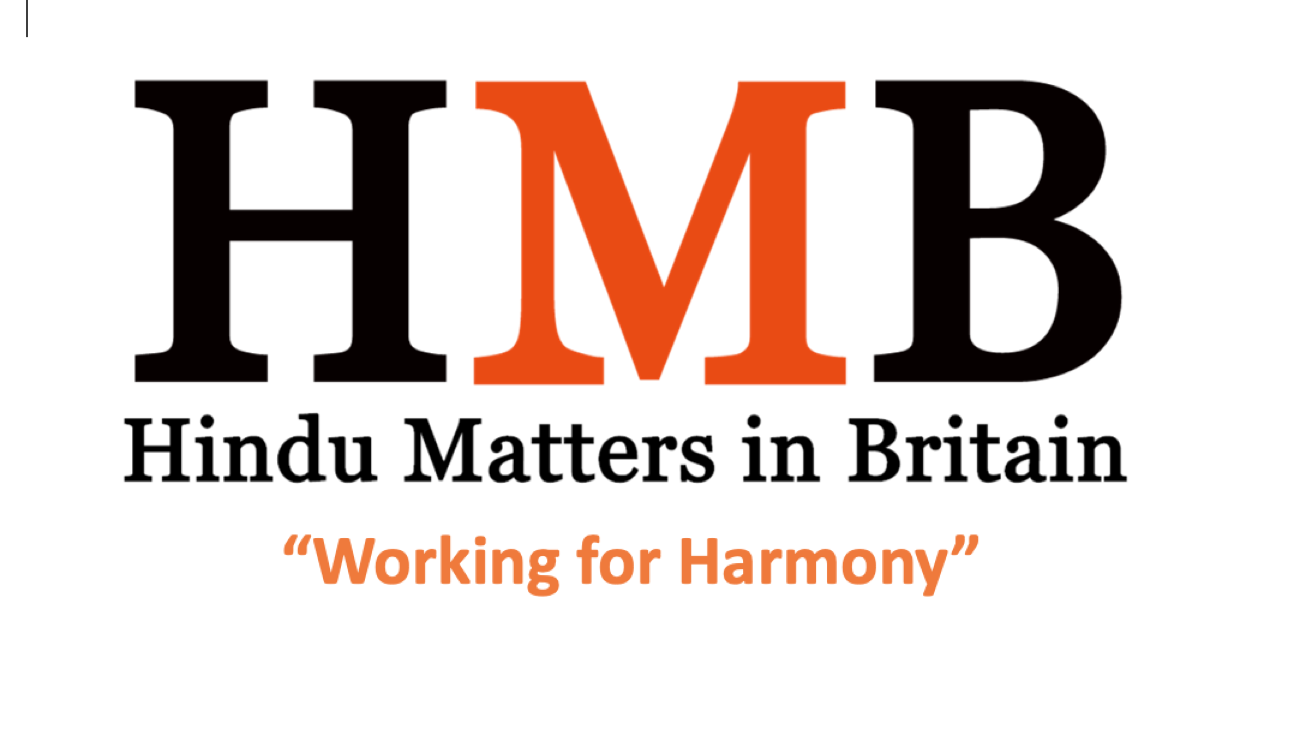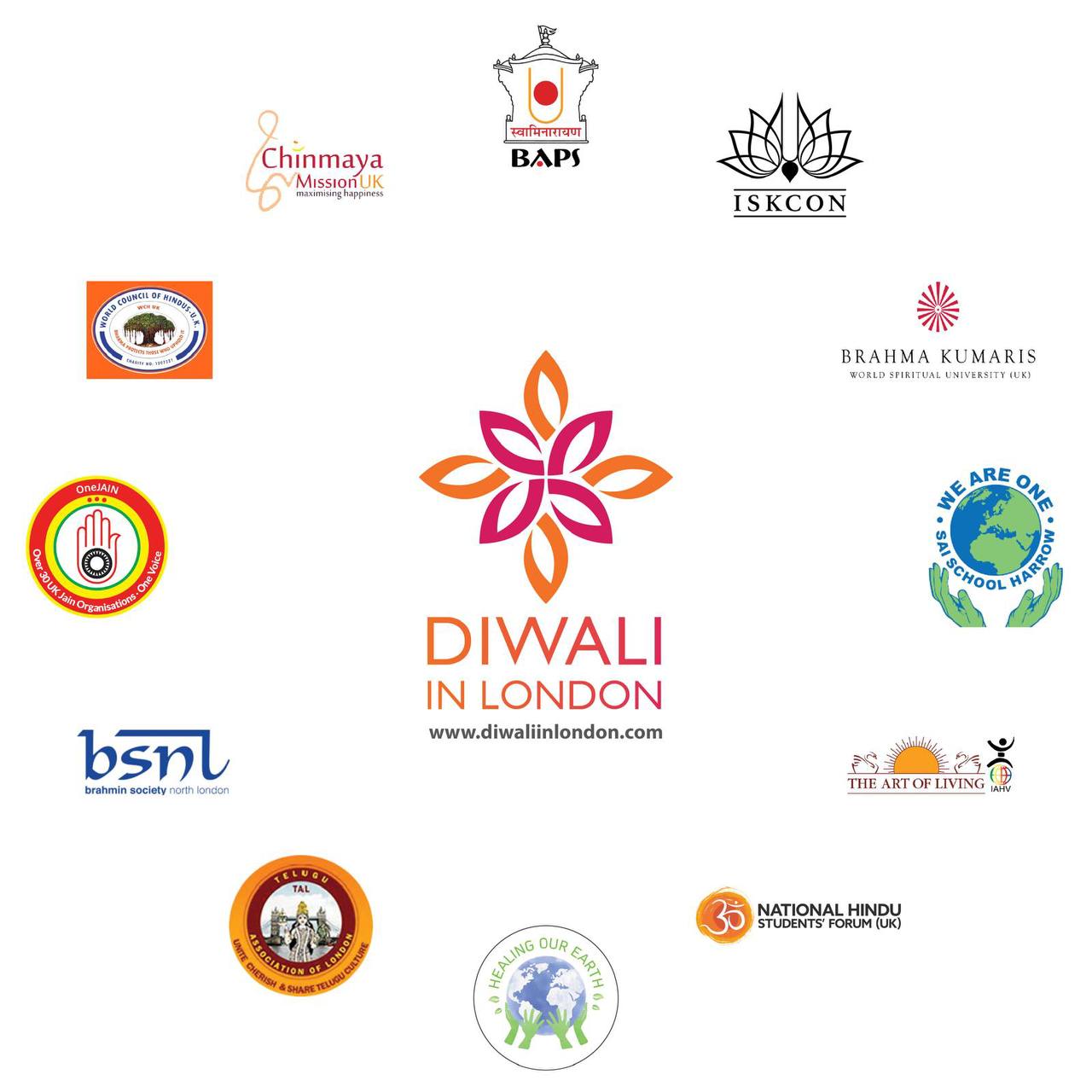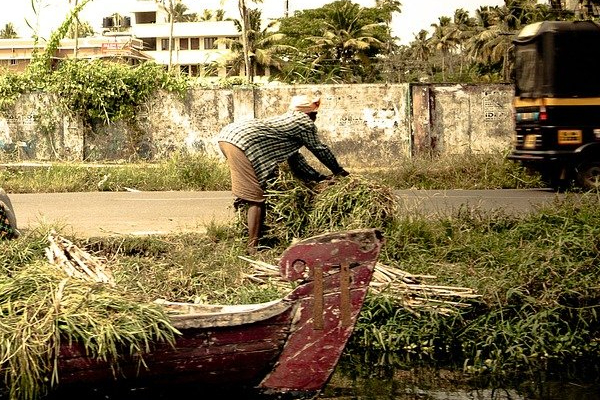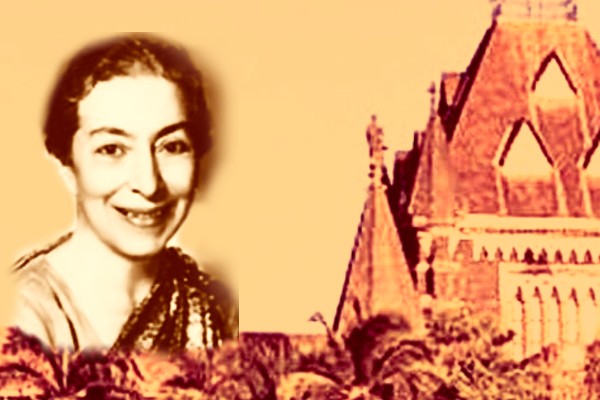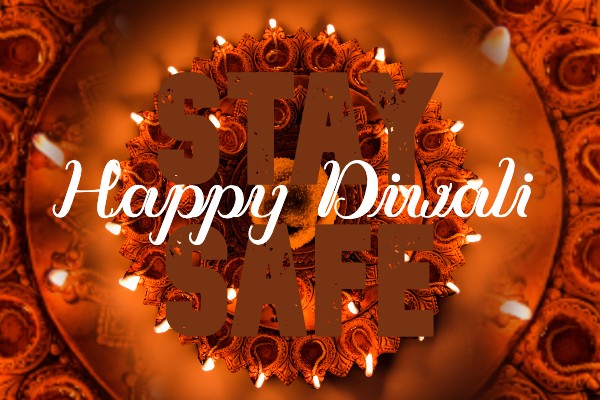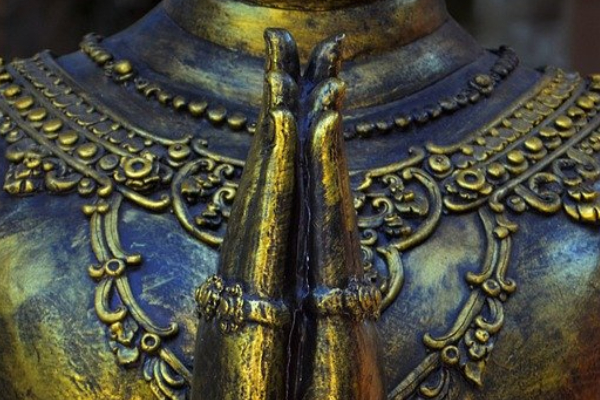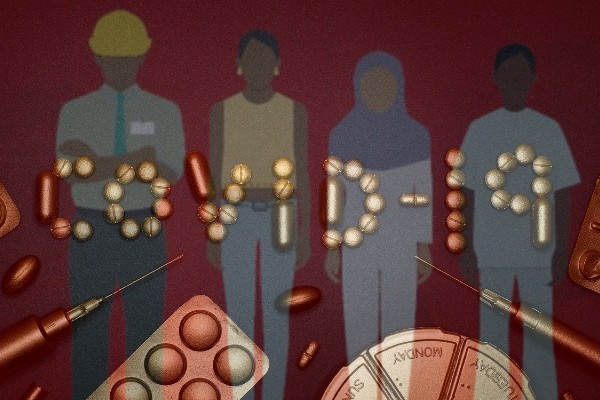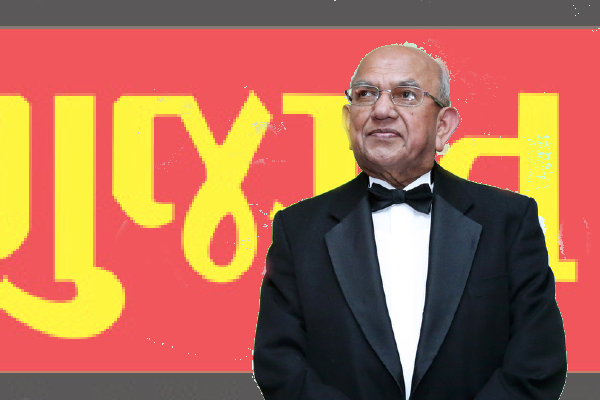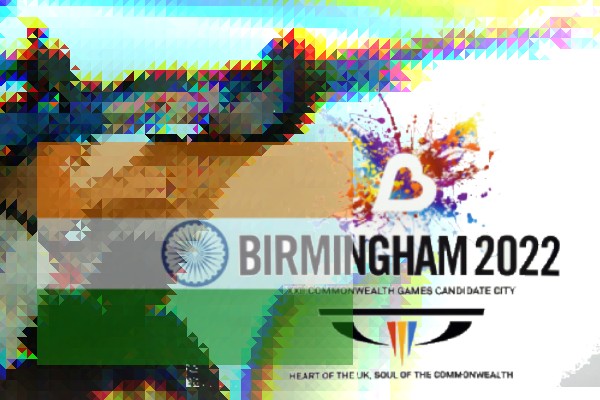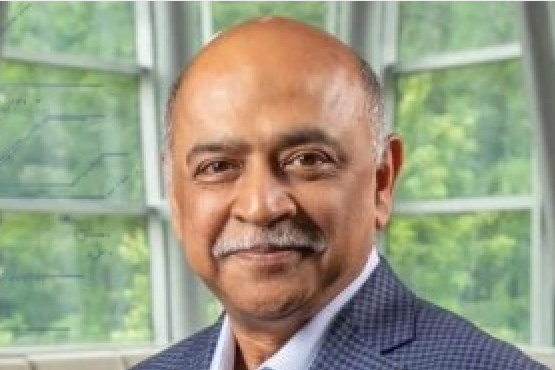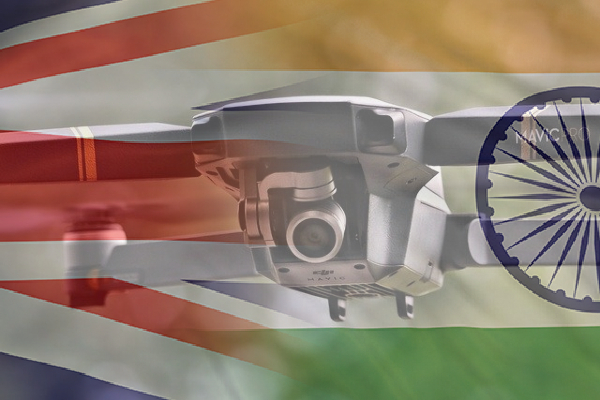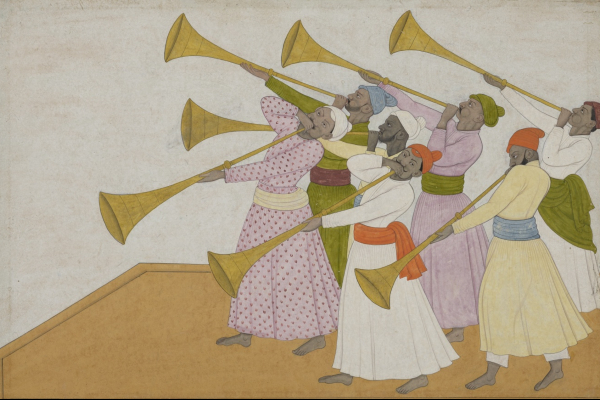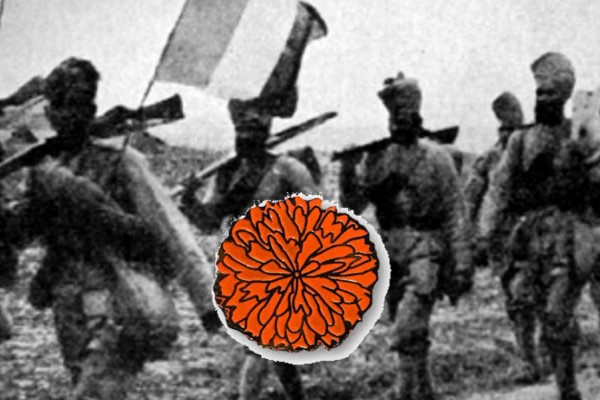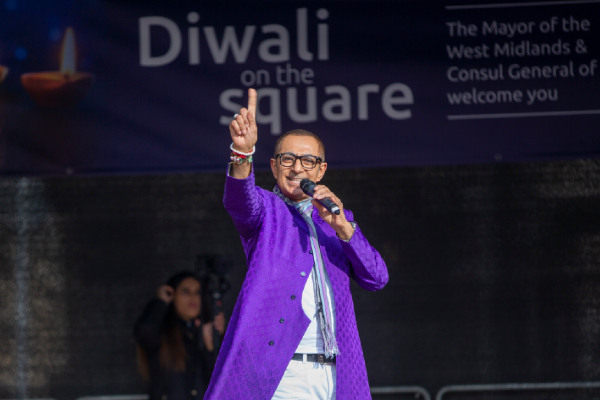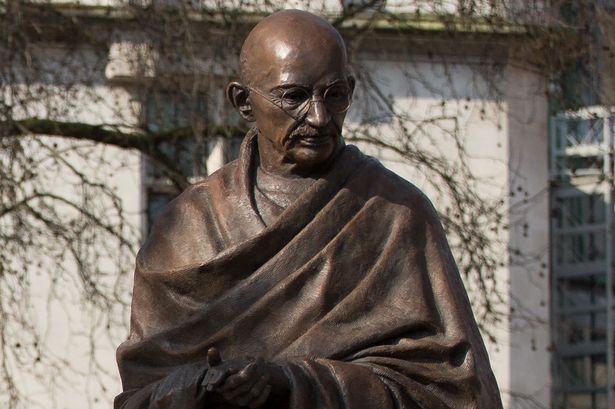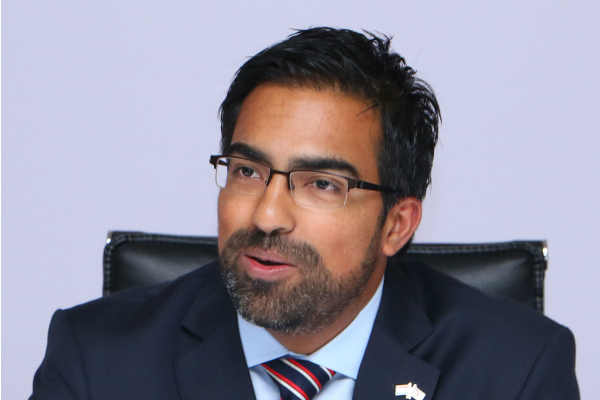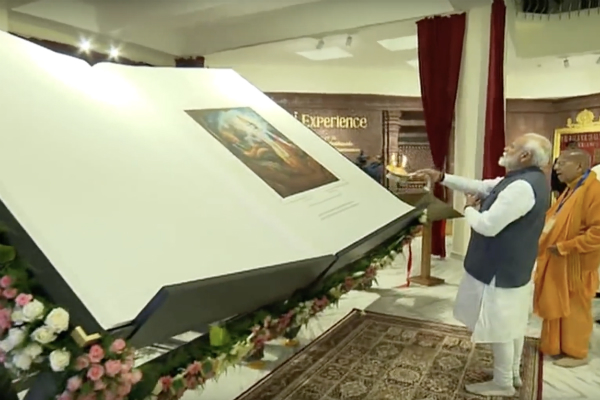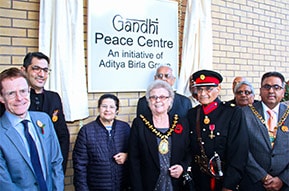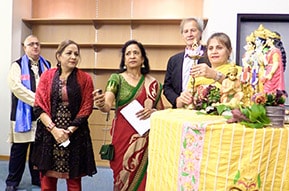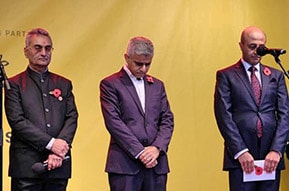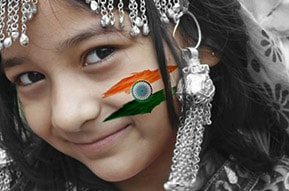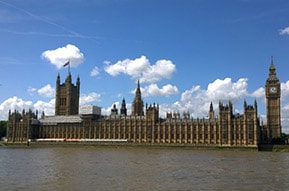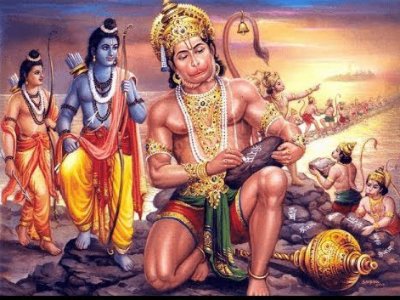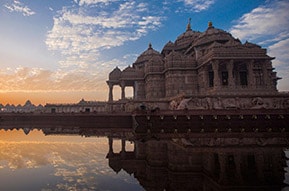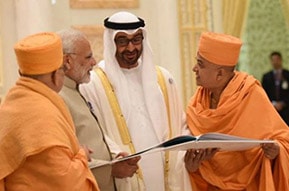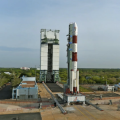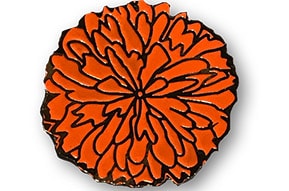Bhagwan Rama: Embodiment of Dharma and the Triumph of Good Over Evil
Bhagwan Rama: Embodiment of Dharma and the Triumph of Good Over Evil
The birthday of Bhagwan Rama, known as Rama Navami, is very important for Hindus all around the world. Bhagwan Rama is regarded the seventh incarnation of Vishnu, one of Hinduism's most important deities, and he is adored as the personification of justice, virtue, and an ideal ruler.
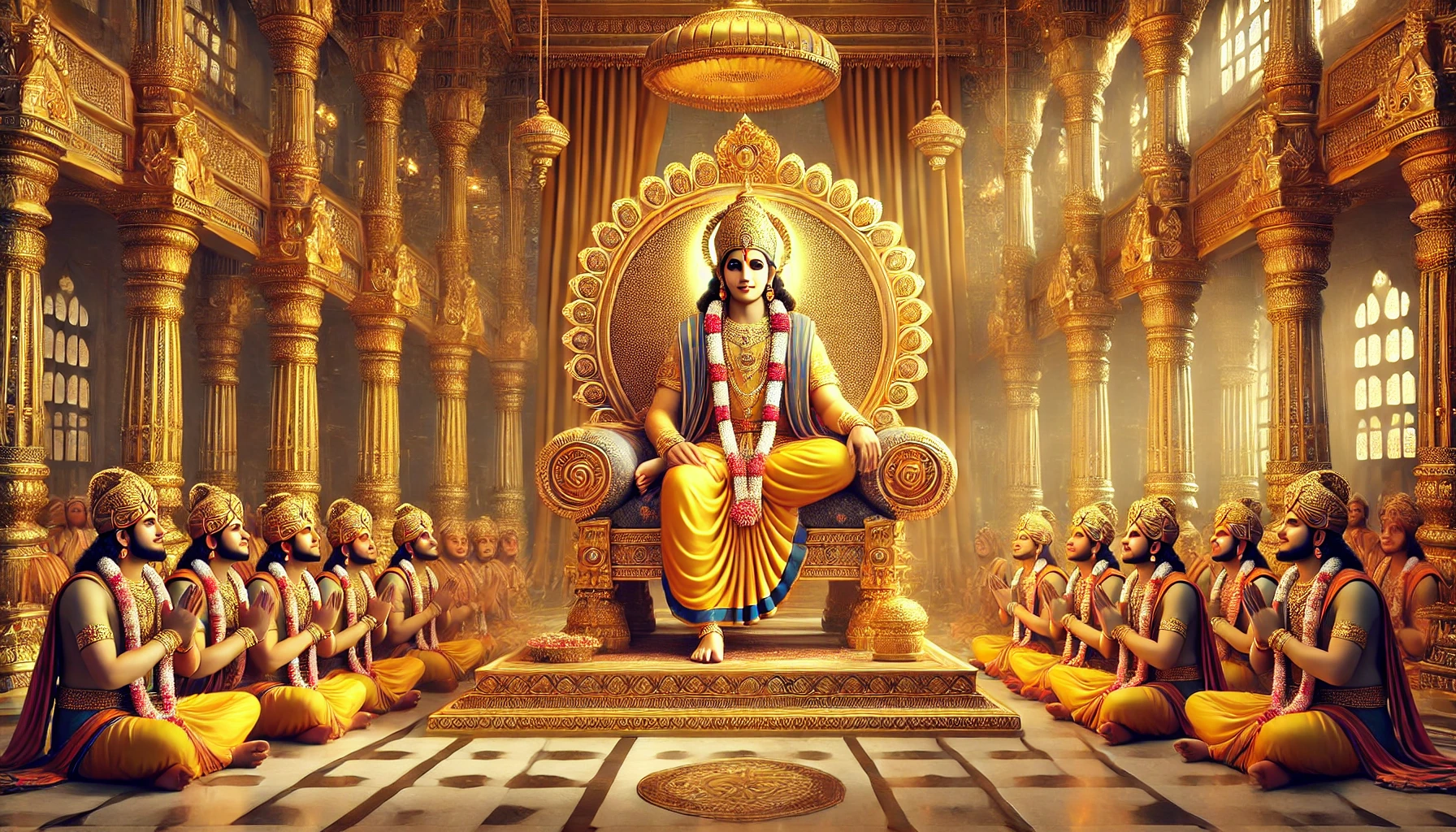
Here are the primary reasons why Lord Rama's birthday is significant:
1. Embodiment of Dharma (Righteousness): Bhagwan Rama is known as Maryada Purushottam, meaning the "perfect man" or "the ideal human being." His life, as recounted in the ancient epic Ramayana, exemplifies the values of morality, humility, compassion, and respect for all. Rama's dedication to dharma (righteousness) in the face of adversity makes him an inspirational figure for millions of Hindus.
2. Bhagwan Rama’s destruction of Ravana represents the triumph of good over evil, a common theme in Hindu festivities. This celebration is known as Dussehra, but Rama Navami honours the birth of the one who would bring peace and justice by fighting evil powers.
3. Cultural and Spiritual Significance: Rama Navami holds great spiritual significance. Hindus believe that contemplating on Bhagwan Rama’s life helps them adopt his righteousness and devotional qualities. It is an opportunity to reflect on personal ideals and refresh one's dedication to dharma.
4. A Unifying Force in Hinduism: Bhagwan Rama’s tale connects Hindus from diverse locations and communities, overcoming geographical and linguistic barriers. Celebrating his birthday serves as a reminder of Hinduism's common beliefs and cultural history.
How is Rama Navami celebrated?
Rama Navami is celebrated with tremendous devotion and excitement, though customs may differ by location. The holiday is celebrated in a variety of ways, including:
Puja & Rituals: Devotees do special pujas (prayers) in temples and at home, which frequently include elaborate rituals such as Vedic hymn chanting and Ramayana reciting. The singing of Rama Katha (the tale of Rama) is particularly popular, in which the life of Rama is detailed.
Bhajans and Kirtans: Devotional songs (bhajans) and kirtans about Bhagwan Rama are performed in temples and community gatherings. These songs extol the virtues of Bhagwan Rama and recount his holy deeds, instilling a strong sense of devotion.
Many devotees fast during Rama Navami. Some people fast all day, consuming only fruits and milk, while others have one meal at midday after conducting puja.
Rath Yatra (Processions): In various regions of India, huge processions known as Rath Yatras (chariot processions) are held, during which idols of Bhagwan Rama, Sita, Lakshmana, and Hanuman are brought through the streets in adorned chariots. These processions are frequently accompanied by music, chanting, and colourful demonstrations of devotion.
Reading of the Ramayana: Some devotees read the Ramayana or the Ramacharitmanas (a popular version of the Ramayana penned by Tulsidas) from start to finish, either in one day or over several days leading up to Rama Navami.
Temple festivals: Major Hindu temples, especially those dedicated to Lord Rama, such as the Rama Janmabhoomi in Ayodhya, hold extravagant festivals. These temples are generally ornately decorated, and big crowds of devotees congregate to pray.
Bathing in Sacred Rivers: In some areas, devotees take a holy bath in rivers such as the Ganges as part of their spiritual practice to purify their body and soul.
Charity & Feeding the Poor: Many devotees perform acts of charity by distributing food and necessities to the destitute. Offering free meals or organising community feasts, also known as prasadam, is popular practice.
Rama Navami is a day of tremendous devotion, reflection, and celebration for Hindus all around the world, as well as a spiritual reminder of Lord Rama's principles.
